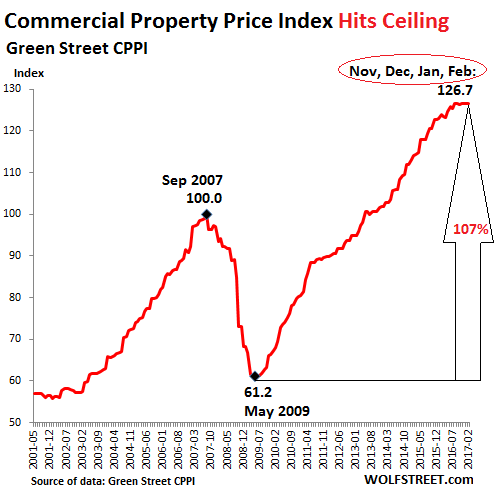BTC another huge sign of froth. No intrinsic value whatsoever.
Once people lose their jobs or need a few extra bucks they're gonna sell that shit for USD and it is going to crash. Who knows when though.
I said it feels like '07 like a month ago, still feels like '07. Think this probably goes on another year or two.
Crash will likely be ugly though depending on how much the gov't tries to fight it. Even housing bubble only had a few years of low interest rates and was only a 4-5 year buildup. We're talking almost a decade of low rates and bubble buildup now.
Once people lose their jobs or need a few extra bucks they're gonna sell that shit for USD and it is going to crash. Who knows when though.
I said it feels like '07 like a month ago, still feels like '07. Think this probably goes on another year or two.
Crash will likely be ugly though depending on how much the gov't tries to fight it. Even housing bubble only had a few years of low interest rates and was only a 4-5 year buildup. We're talking almost a decade of low rates and bubble buildup now.









